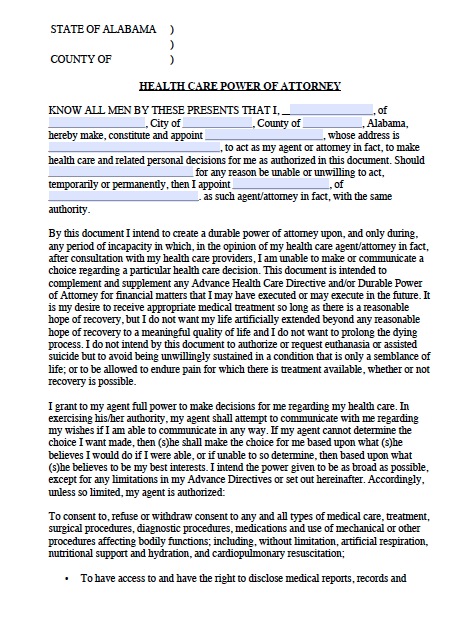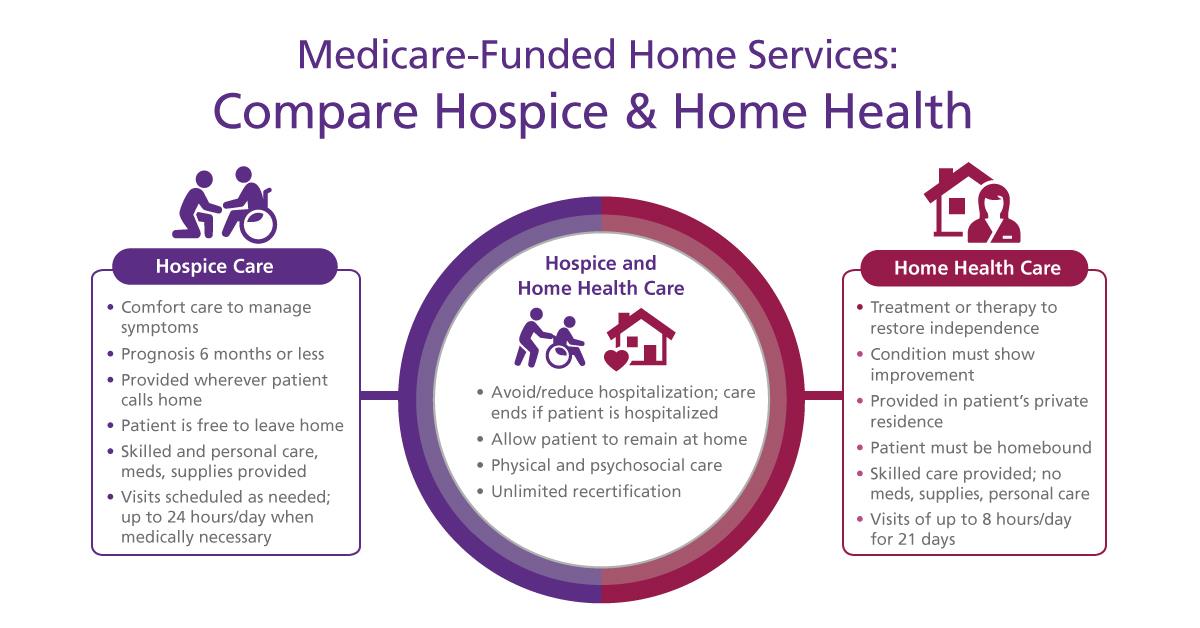Primary health care is an approach to health and wellbeing centred on the requirements and scenarios of individuals, households and neighborhoods. It addresses comprehensive and interrelated physical, psychological and social health and health and wellbeing. It is about providing whole-person care for health requires throughout life, not simply dealing with a set of particular diseases.
WHO has developed a cohesive meaning of main health care based on 3 components: guaranteeing individuals's health issue are dealt with through extensive promotive, protective, preventive, curative, rehabilitative, and palliative care throughout the life course, tactically prioritizing essential system functions targeted at individuals and families and the population as the main aspects of integrated service shipment across all levels of care; methodically attending to the more comprehensive factors of health (consisting of social, financial, environmental, along with people's qualities and behaviours) through evidence-informed public policies and actions across all sectors; and empowering people, households, and communities to optimize their health, as advocates for policies that promote and protect health and wellness, as co-developers of health and social services through their involvement, and as self-carers and care-givers https://newmiddleclassdad.com/when-should-i-see-a-psychiatrist-or-psychologist/ to others.
To fulfill the health labor force requirements of the Sustainable Advancement Objectives and universal health coverage targets, over 18 million extra health workers are needed by 2030. Gaps in the supply of and need for health employees are focused in low- and lower-middle-income nations. The growing demand for health employees is projected to add an approximated 40 million health sector tasks to the worldwide economy by 2030.
UHC emphasizes not only what services are covered, but also how they are funded, managed, and delivered. An essential shift in service delivery is required such that services are incorporated and focused on the needs of people and neighborhoods. This consists of reorienting health services to guarantee that care is provided in the most proper setting, with the right balance in between out- and in-patient care and reinforcing the coordination of care.
Facts About How Many Jobs Are Available In Health Care Uncovered
Yes. Monitoring progress towards UHC should focus on 2 things: The proportion of a population that can access vital quality health services. The proportion of here the population that invests a big amount of household earnings on health. Together with the World Bank, WHO has actually developed a framework to track the progress of UHC by keeping an eye on both categories, considering both the general level and the degree to which UHC is equitable, providing service coverage and monetary security to all individuals within a population, such as the poor or those residing in remote rural areas.
Transmittable illness: tuberculosis treatment HIV antiretroviral treatment Liver disease treatment usage of insecticide-treated bed internet for malaria avoidance adequate sanitation. Noncommunicable diseases: prevention and treatment of raised blood pressure prevention and treatment of raised blood glucose cervical cancer screening tobacco (non-) smoking cigarettes. Service capability and access: fundamental medical facility gain access to health employee density access to necessary medications health security: compliance with the International Health Laws.
However there is likewise worth in an international technique that utilizes standardized procedures that are internationally recognized so that they are similar throughout borders and over time. UHC is firmly based on the 1948 WHO Constitution, which states health an essential human right and devotes to making sure the greatest obtainable level of health for all.
However WHO is not alone: WHO works with various partners in various circumstances and for different purposes to advance UHC worldwide. A few of WHO's partnerships include: On 2526 October 2018, WHO in partnership with UNICEF and the Ministry of Health of Kazakhstan hosted the International Conference on Main Health Care, 40 years after the adoption of the historical Statement of Alma-Ata.
What Does How Much Does Health Care Cost Do?
The Declaration aims to restore political dedication to primary health care from federal governments, non-governmental companies, professional organizations, academic community and international health and development companies. All nations can do more to enhance health outcomes and deal with hardship, by increasing coverage of health services, and by decreasing the impoverishment connected with payment for health services.
Everywhere I went last fall, I would frequently hear the very same twang of pitywhen I informed someone I 'd concern their nation from America to discover how their health care works. There were 3 minutes I will constantly keep in mind, one from each of my journeys to Taiwan, Australia, and the Netherlands.
I was walking along an area road, clearly out of place, and he was planting orchids with his mother. He stopped me and asked what I was doing there. I stated I was a journalist from the US, reporting on healthcare. He smiled a bit and then went straight into a story, about his friend who was living in Los Angeles and broke his arm however returned to Taiwan to get it repaired due to the fact that it 'd be less expensive than getting it repaired in the US.
We took shelter in a little structure with a cafe and tourist details desk, and among the employees, Mike, presented himself. I ended up telling him why we existed; he considered it a minute and then stated: Well, we've got some problems, but nothing as bad as yours.
The smart Trick of What Is Health Care Reform That Nobody is Talking About
Our task was enabled by a grant from.) In the Netherlands, the scientists I met at Radboud University had asked me to give a presentation on American healthcare, a quid professional quo for their discussion on the country's after-hours care program. So I required. There were 2 minutes when the audience audibly gasped: one when I explained the number of individuals in the United States are uninsured and another when I discussed how much Americans have to spend expense to satisfy their deductible.

Individuals have typically asked which system was my preferred and which one would work best in the US. Unfortunately, that is not so basic a concern to respond to. But there were definitely plenty of lessons we can heed as our country engages in its own discussion of the future of health care.
Every one of the countries we covered Taiwan, Australia, the Netherlands, and the United Kingdom has made such a dedication. In fact, every other nation in the developed world has decided that health care is something everyone must have access to and that the government must play a significant role in ensuring it.
Our two political parties are still deeply polarized on this question: 85 percent of Democratic voters believe it's the government's obligation to guarantee everyone has health protection, but just 27 percent of Republicans agree. (Overall, including independents, 57 percent of Americans say the federal government has this obligation.) In other nations, there might be dispute about how to achieve universal health care, but both ends of the political spectrum start from the very same property: Everyone needs to be covered.
Indicators on The Health Care Sector Constituted What Percentage Of The U.s. Gross Domestic Product In 2014? You Need To Know
I came across this quote from Princeton economist Uwe Reinhardt while I was starting to report this task, and it stuck to me throughout. From his most recent book Evaluated, which was published after he passed away in 2017: Canada and virtually all European and Asian industrialized nations have reached, decades earlier, a political consensus to deal with health care as a social excellent. how much is health care per month.
